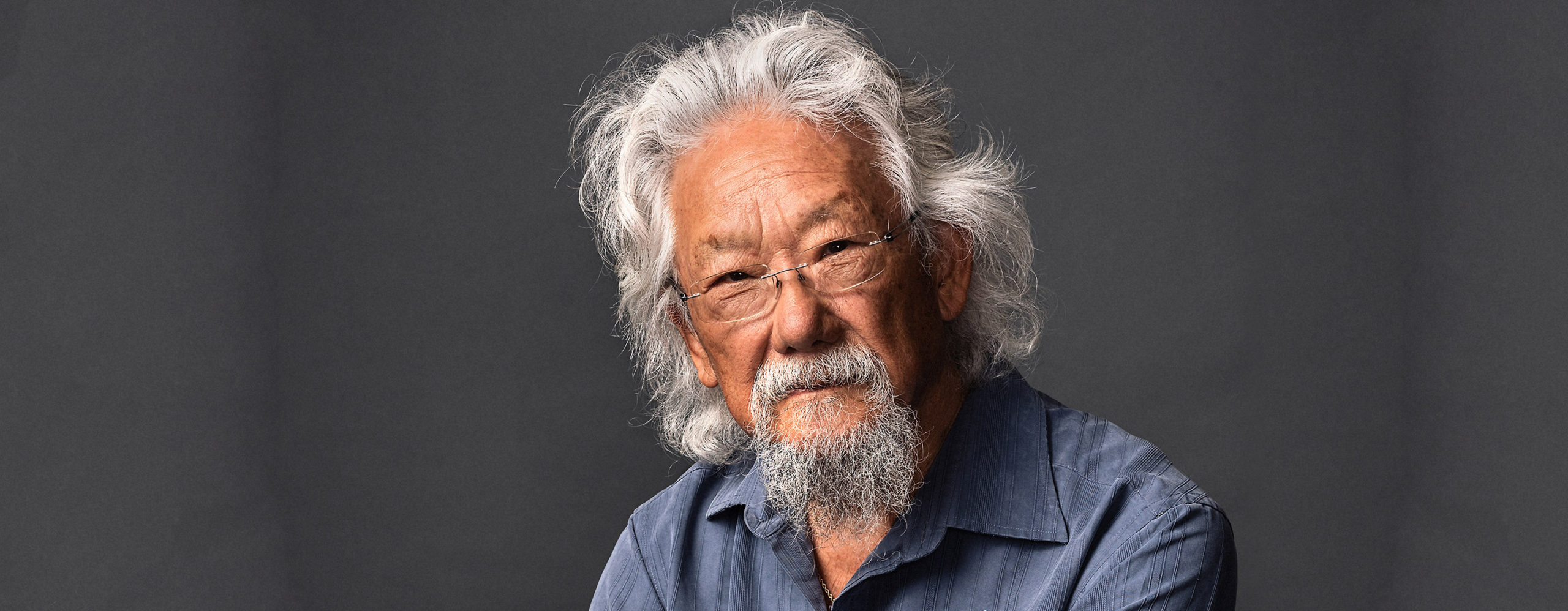
David Suzuki, a revered Canadian scientist and environmentalist, is a champion for a sustainable future. Born in 1936, he earned a PhD in zoology and became a genetics professor. His passion for science communication blossomed through shows like “The Nature of Things,” making complex topics accessible. Suzuki’s activism extends beyond education. He co-founded the David Suzuki Foundation to advocate for environmental conservation and solutions to climate change. An award-winning broadcaster, author, and lifelong learner, Suzuki remains a powerful voice for environmental stewardship.
What’s the public’s verdict? Share your thoughts and discuss below!
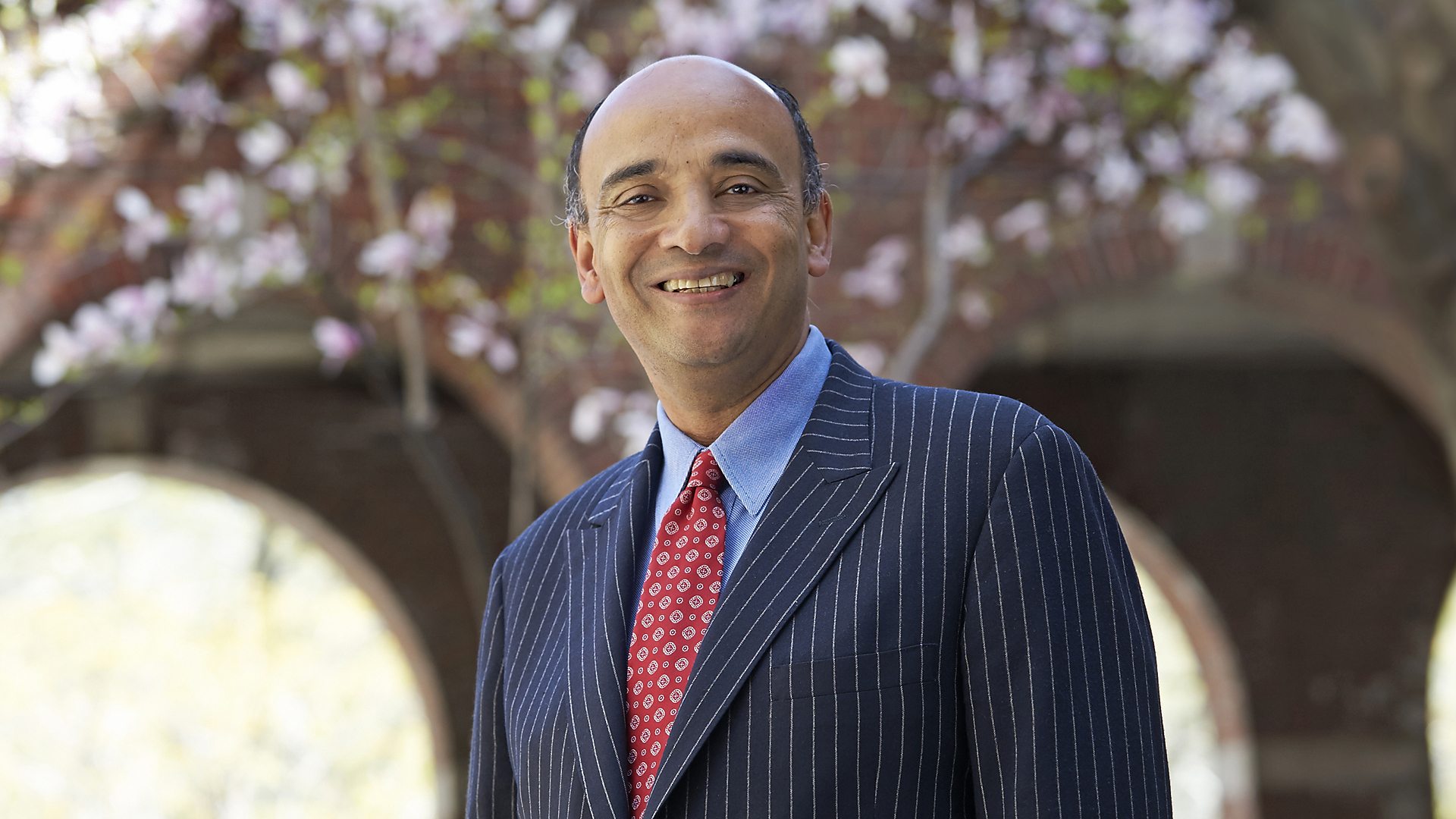
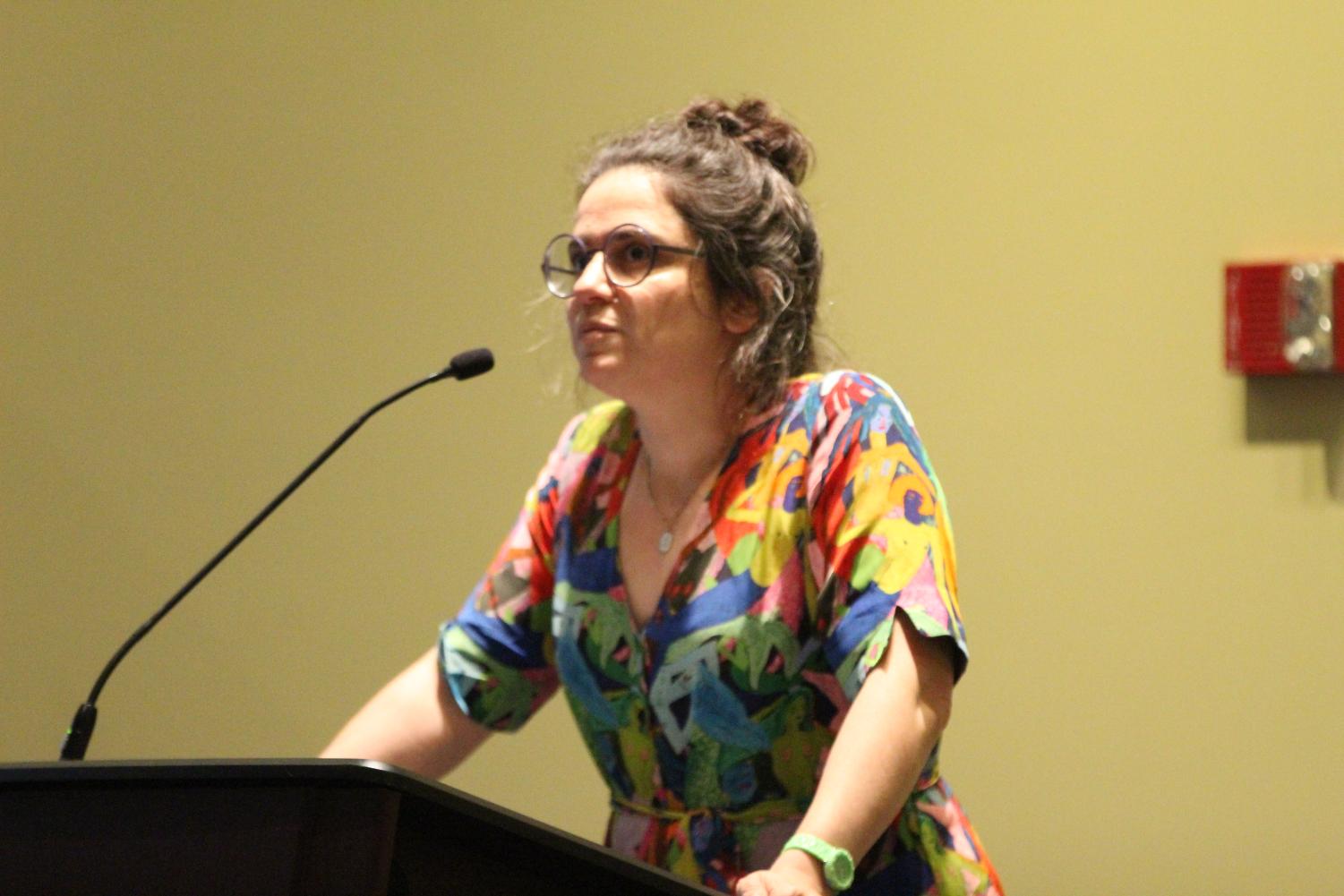 Agnes Callard, a professor of philosophy and ethics, explores the foundations of human morality. Her areas of expertise likely encompass topics like decision-making, justice, and the nature of right and wrong. Professor Callard’s academic contributions, whether through research or teaching, aim to illuminate complex ethical dilemmas and shed light on how we navigate them.
Agnes Callard, a professor of philosophy and ethics, explores the foundations of human morality. Her areas of expertise likely encompass topics like decision-making, justice, and the nature of right and wrong. Professor Callard’s academic contributions, whether through research or teaching, aim to illuminate complex ethical dilemmas and shed light on how we navigate them.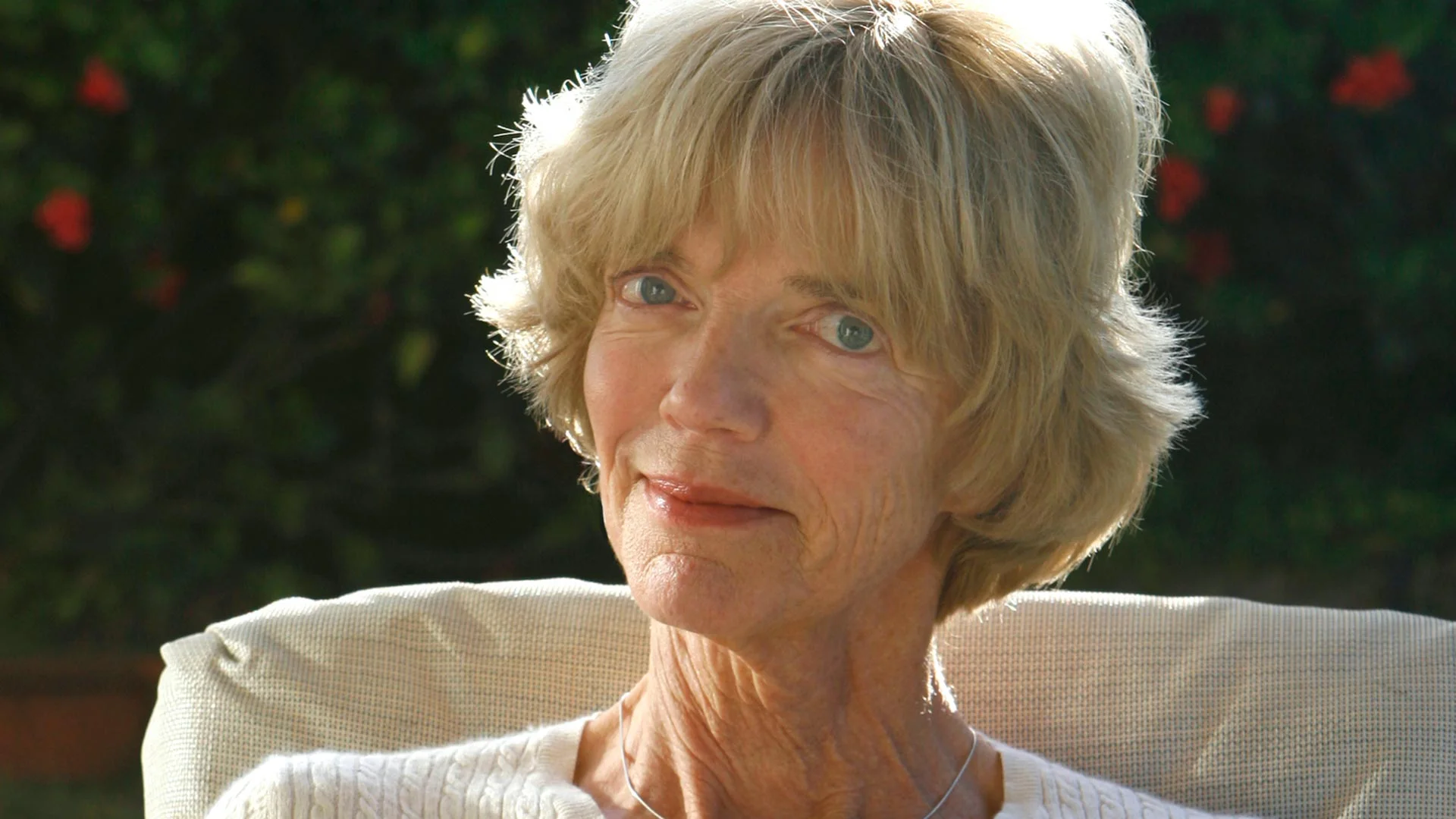
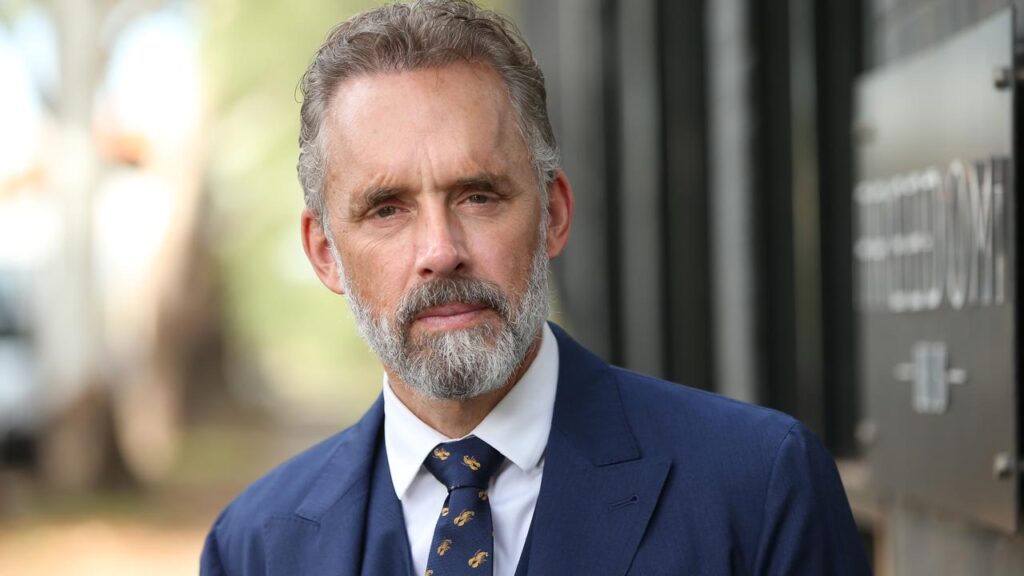
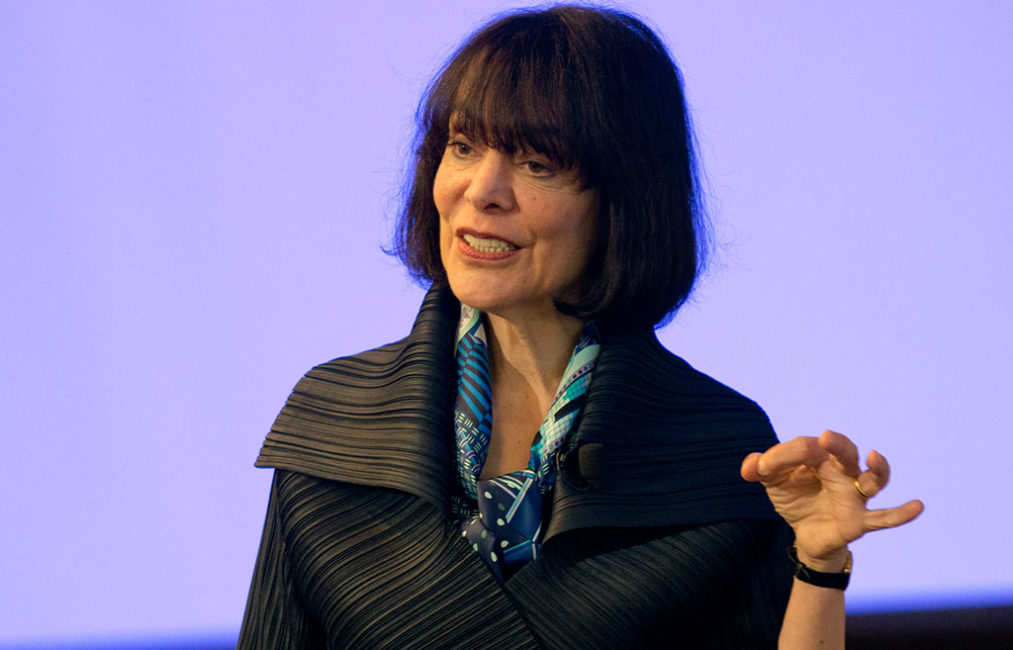
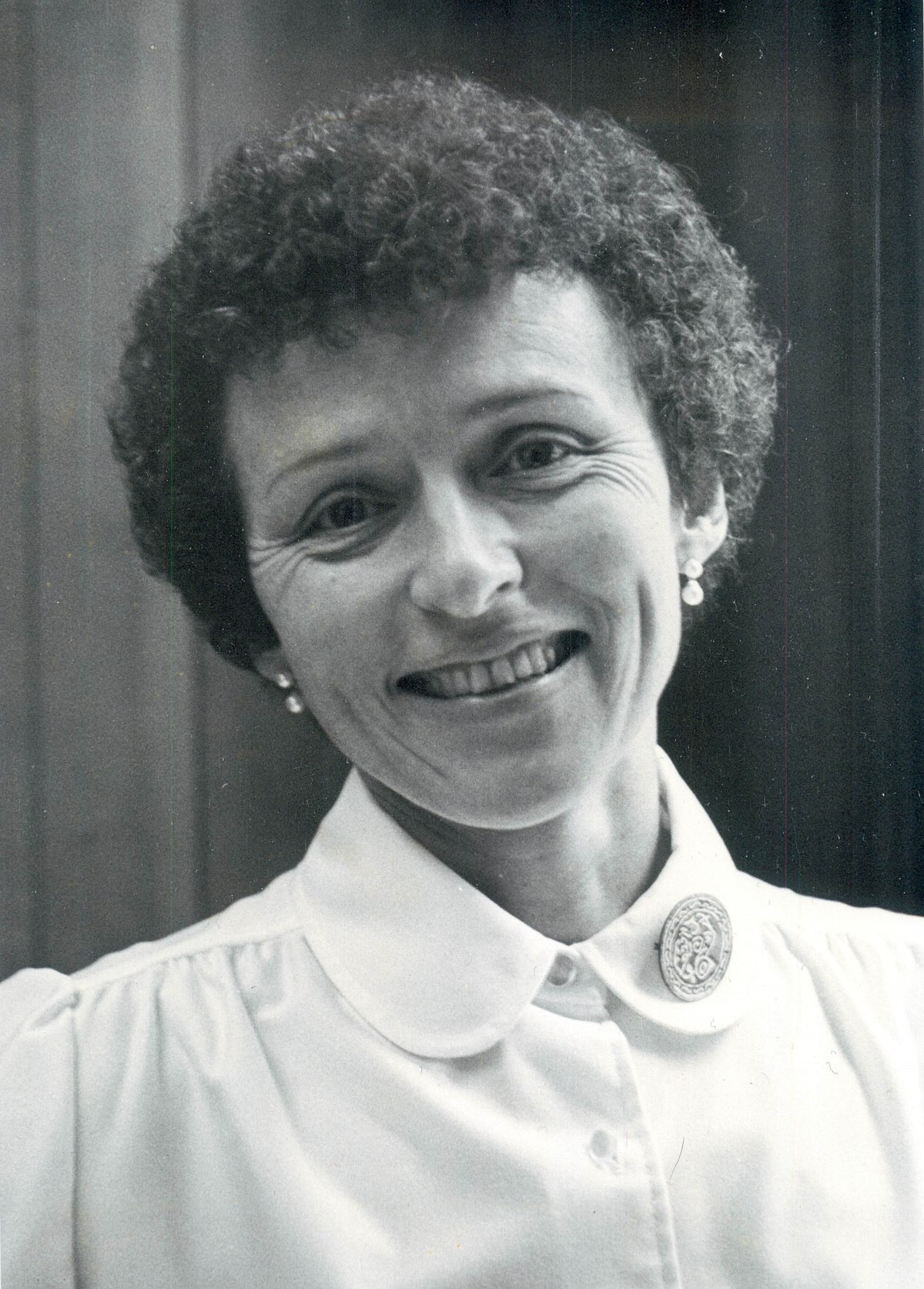
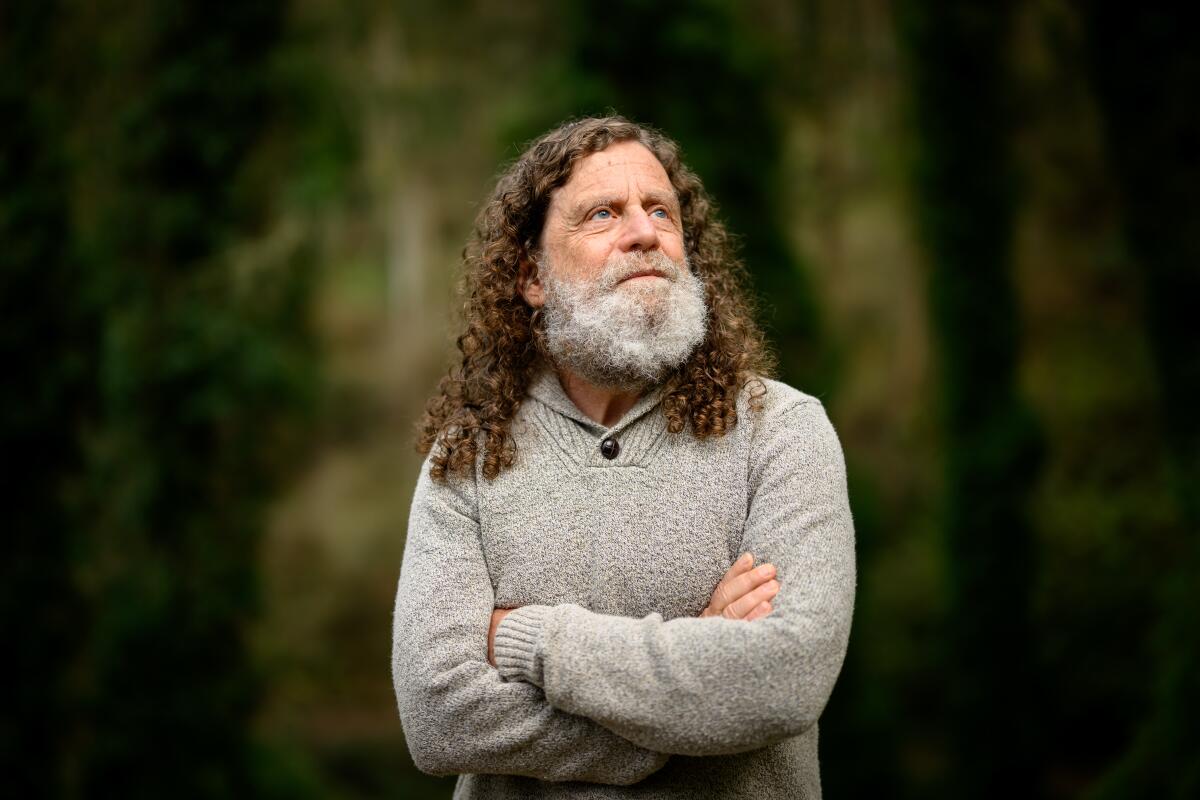
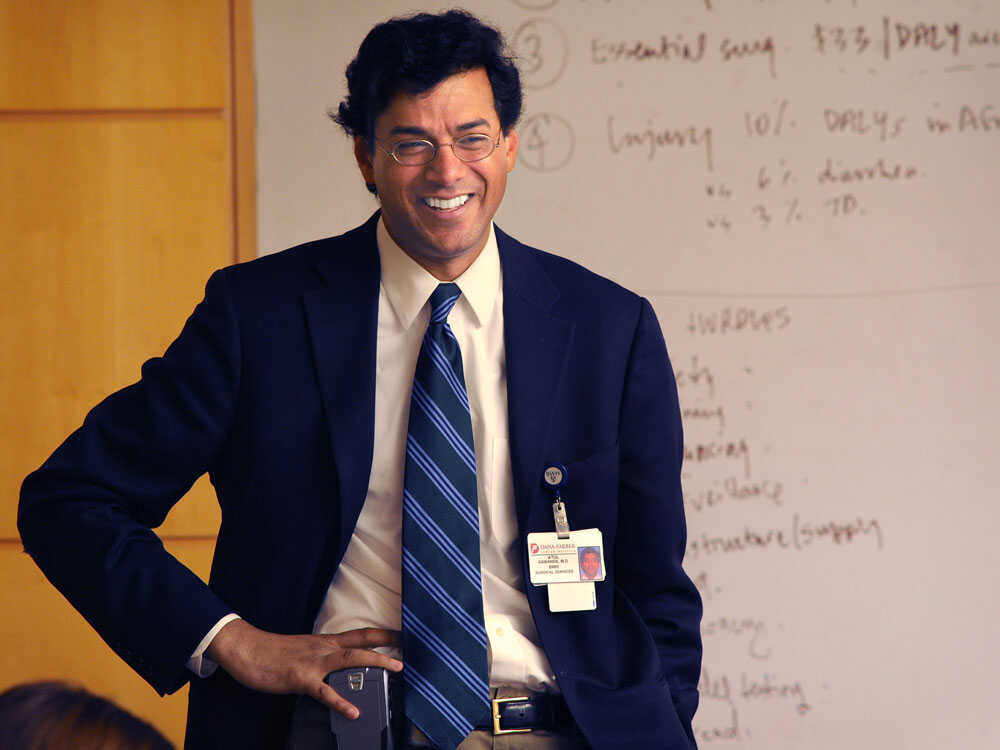
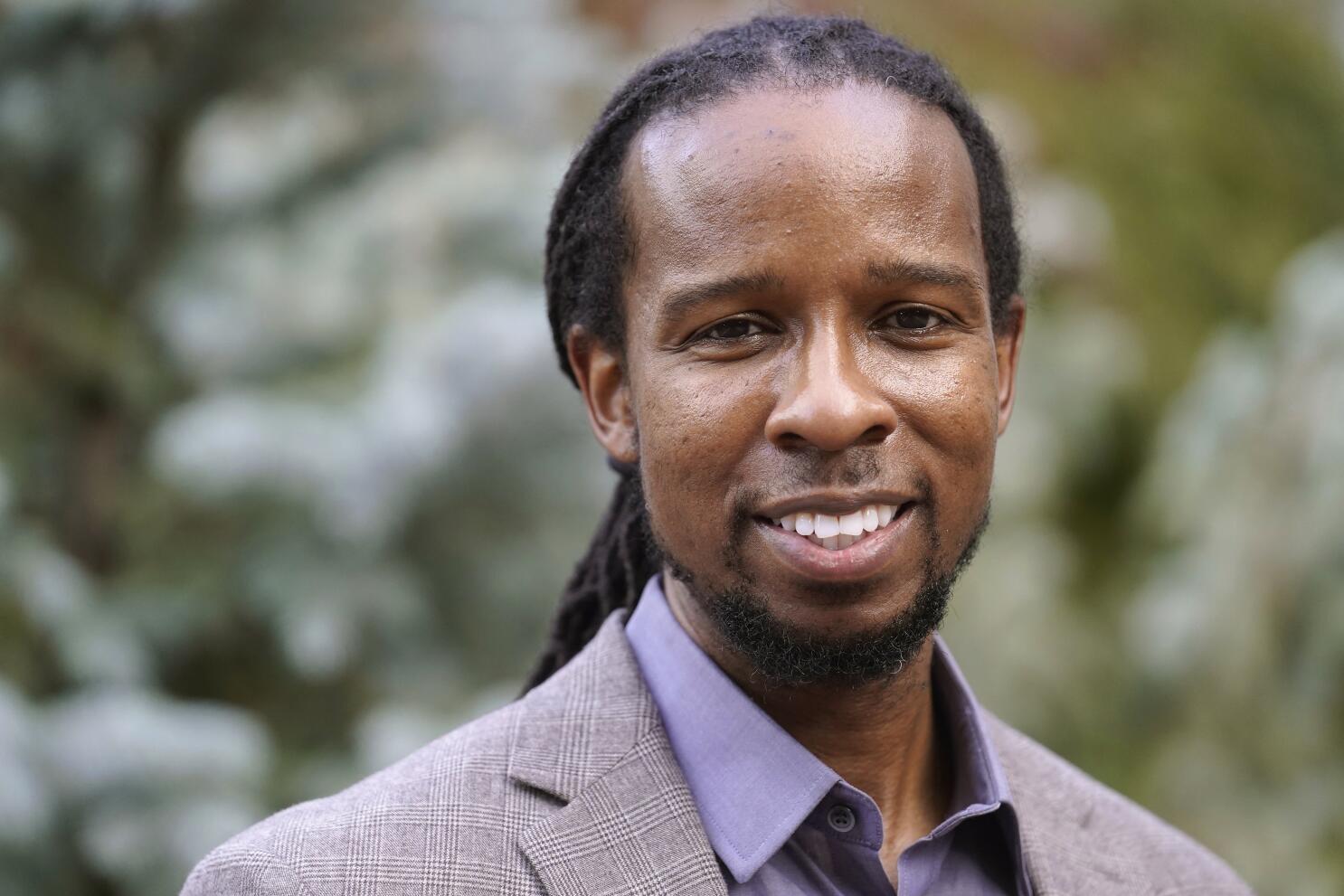 Ibram X. Kendi is an American historian, scholar, and author known for his work on racism and antiracism. He serves as the Andrew W. Mellon Professor in the Humanities at Boston University, where he founded the Boston University Center for Antiracist Research. Kendi’s notable books include Stamped from the Beginning, which won the National Book Award for Nonfiction, and How to Be an Antiracist. He is recognized for his contributions to discussions on race and social justice, advocating for policies and actions that promote equity and inclusivity.
Ibram X. Kendi is an American historian, scholar, and author known for his work on racism and antiracism. He serves as the Andrew W. Mellon Professor in the Humanities at Boston University, where he founded the Boston University Center for Antiracist Research. Kendi’s notable books include Stamped from the Beginning, which won the National Book Award for Nonfiction, and How to Be an Antiracist. He is recognized for his contributions to discussions on race and social justice, advocating for policies and actions that promote equity and inclusivity.